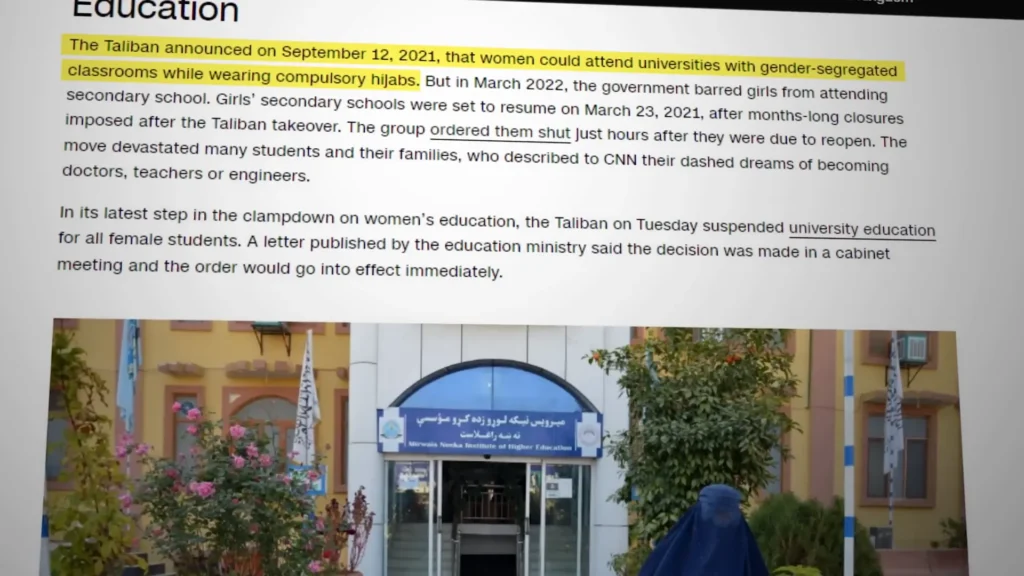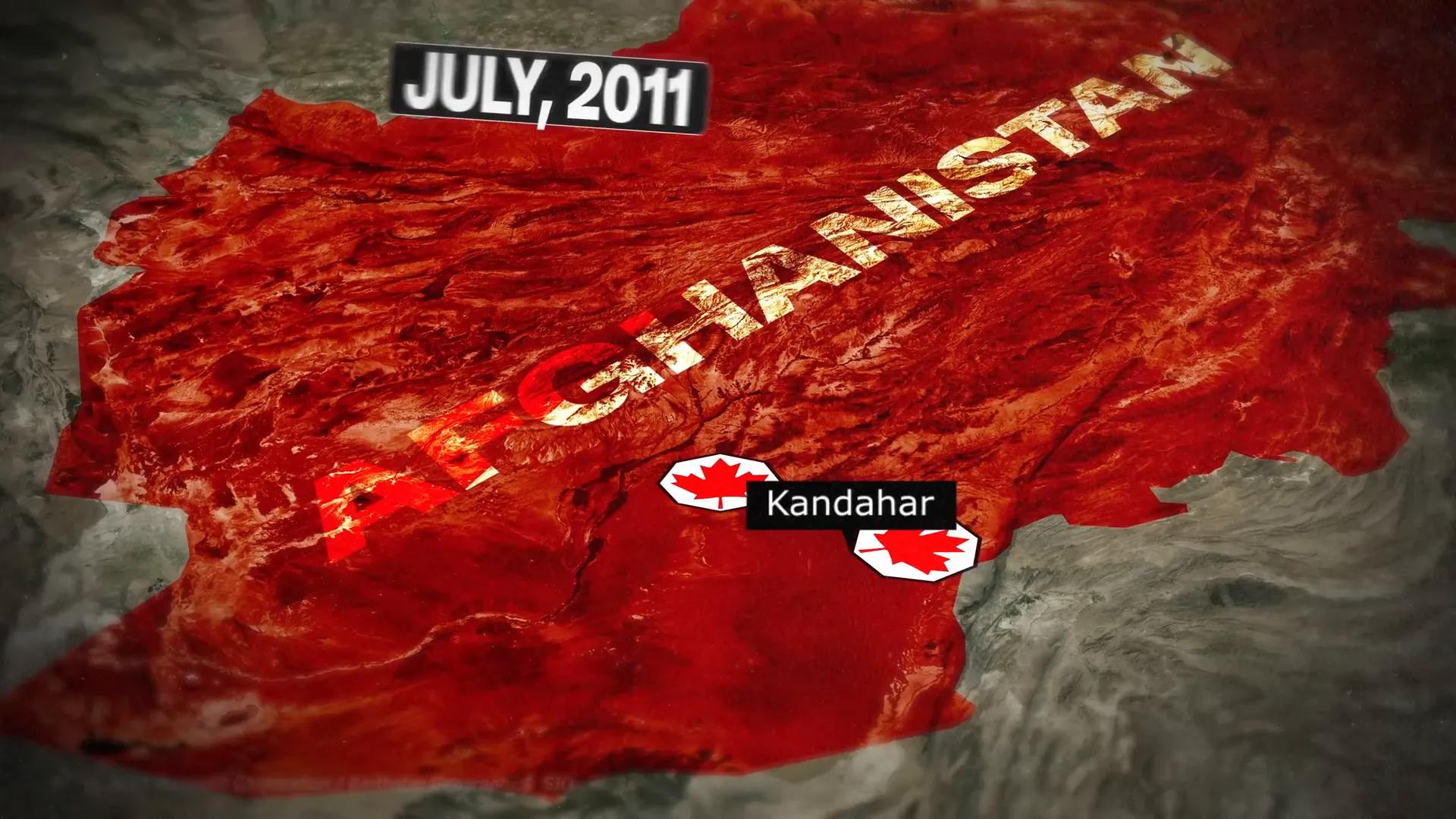Understanding Afghanistan’s Complex History and Its Strategic Importance
Afghanistan has long been at the center of geopolitical conflicts, with various superpowers vying for control and influence over the region Superpowers Want Afghanistan. This blog explores the intricate history of Afghanistan, its political landscape, and the reasons why it has often been referred to as the “Graveyard of Empires.” By delving into its past and examining its current state, we can gain a better understanding of its significance on the global stage.
The Historical Context of Afghanistan
Afghanistan’s history is marked by a series of invasions and power struggles. Its geographical position, nestled between major powers such as India, Persia, and China, has made it a strategic location for trade and military campaigns. Over the years, superpowers have sought Afghanistan for its strategic value. The country has experienced numerous political systems, including dictatorship, monarchy, and constitutional monarchy, each leaving its mark on the Afghan people and their governance superpowers want Afghanistan.

Invasions and Empires
Throughout history, Afghanistan has been invaded by various empires, including the Greeks, Mauryans, Persians, and Mongols. Each invasion brought about significant changes, yet none succeeded in maintaining long-term control. The rugged terrain and the fierce resistance of the Afghan people contributed to the repeated failures of these empires, leading to Afghanistan’s reputation as a graveyard for conquerors. The reasons why superpowers want Afghanistan stem from its central position in Asia and its resources.
The Soviet-Afghan War
The Soviet invasion of Afghanistan in 1979 marked a significant turning point in the country’s history. The ensuing conflict lasted nearly a decade, with the United States and other nations supporting the Mujahideen resistance. This war not only devastated Afghanistan but also had far-reaching implications for global politics, contributing to the eventual collapse of the Soviet Union. The conflict highlighted why superpowers want Afghanistan—it is pivotal for regional stability.
The Rise of the Taliban
In the aftermath of the Soviet withdrawal, Afghanistan fell into a civil war, leading to the rise of the Taliban in the 1990s. The Taliban’s strict interpretation of Islamic law and their efforts to establish control over the country drew international condemnation, particularly after the 9/11 attacks in the United States. The actions of superpowers wanting Afghanistan for strategic purposes intensified as the Taliban became a focal point of international concern.

U.S. Involvement and Withdrawal
The U.S. invasion of Afghanistan in 2001 aimed to dismantle the Taliban and eliminate al-Qaeda’s presence superpowers want Afghanistan. For nearly two decades, the U.S. and its allies engaged in military operations, attempting to establish a stable government and rebuild the war-torn nation. However, the complex tribal dynamics and ongoing insurgency posed significant challenges, illustrating the difficulties faced by superpowers wanting Afghanistan as a foothold in Central Asia.
Current State of Afghanistan
As of now, Afghanistan remains under the control of the Taliban, which has re-established its regime after the U.S. withdrawal in 2021. The international community grapples with the implications of this change, particularly regarding human rights, governance, and regional stability. The ongoing situation reinforces why superpowers want Afghanistan. its strategic importance is undeniable.
Humanitarian Crisis
The return of the Taliban has led to a severe humanitarian crisis, with widespread poverty, food insecurity, and restrictions on women’s rights. The international community faces the challenge of addressing these issues while navigating diplomatic relations with the Taliban government, all while superpowers continue to seek influence in Afghanistan. Superpowers want Afghanistan.

Geopolitical Implications
Afghanistan’s strategic location has made it a focal point for global powers seeking influence in Central Asia. The country’s natural resources and potential trade routes further enhance its importance. Understanding these geopolitical dynamics is crucial for comprehending the motivations behind international involvement in Afghanistan and why superpowers want Afghanistan.
Regional Tensions
The ongoing instability in Afghanistan has implications for neighboring countries, including Pakistan, Iran, and India. Each nation has vested interests in Afghanistan, leading to complex diplomatic relations and sometimes heightened tensions. This regional interplay is a direct result of the fact that superpowers want Afghanistan as a key player in their strategies.
Conclusion
Afghanistan’s history is a testament to its resilience in adversity. The country’s strategic importance continues to attract the attention of global powers, making it a focal point for geopolitical maneuvering. As the international community navigates its relationship with Afghanistan, understanding its rich history and current challenges is essential for fostering regional stability, especially as superpowers want Afghanistan more than ever.
